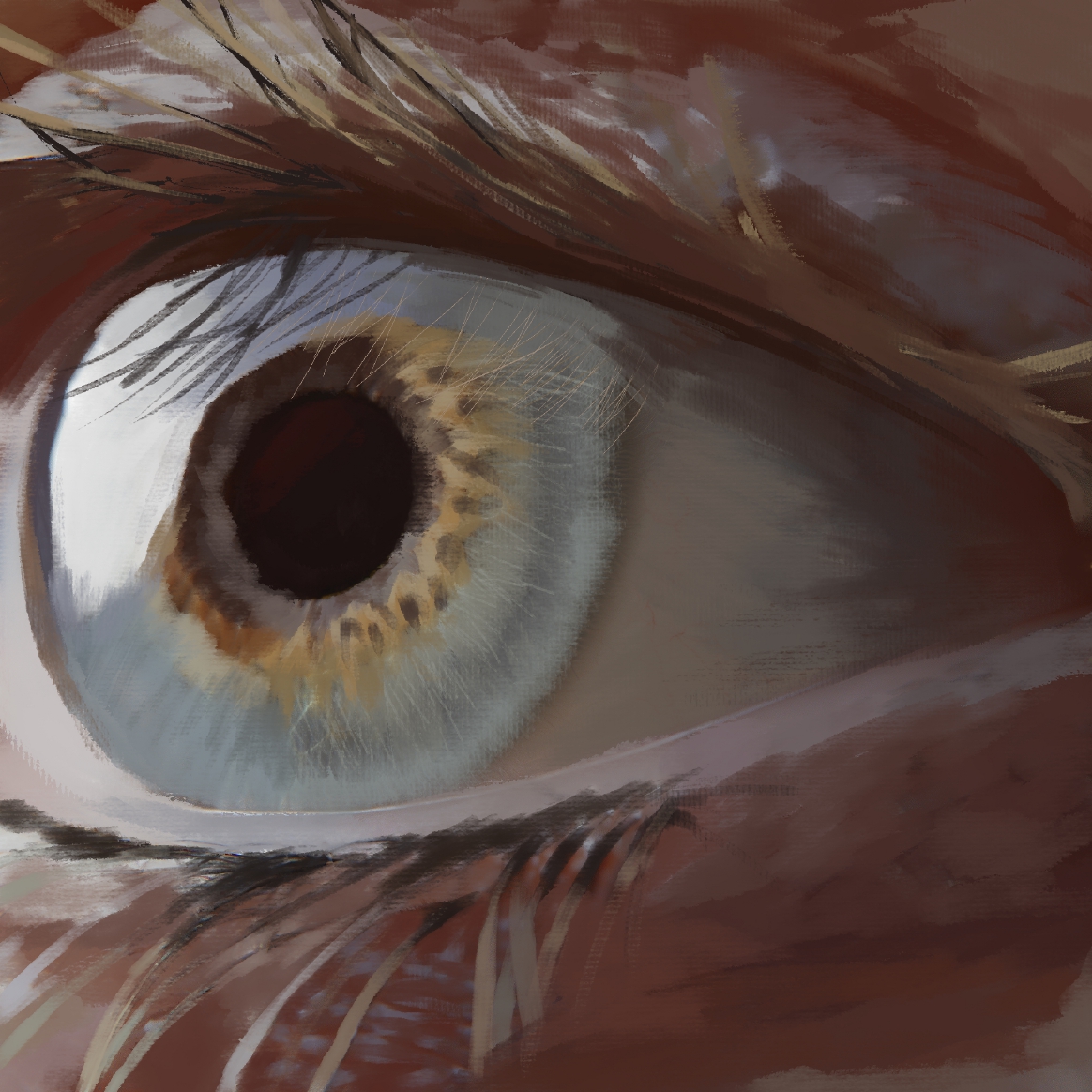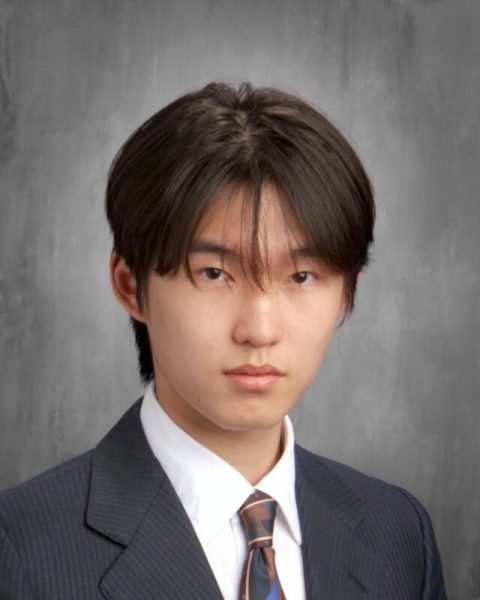A whole-eye transplant is an exceedingly challenging procedure in every facet. Right from the outset, the procurement of a donor eye can be extremely hard to come by. The human eye is such an incredibly complex and intricate organ that any operation thereon would require an exceptional level of precision for any team of surgeons. Moreover, extensive postoperative care is required to prevent the body from rejecting the transplanted eye – the effects of which remain unknown territory.
In June 2021, lineman Aaron James of Hot Springs, Arkansas, was caught in a horrifying electrical accident at work. His injuries were extremely severe, including extensive facial trauma, the loss of his left arm, and later his left eye. A year following the accident, prospects for the first ever whole-eye transplant began to grow hopeful.
When asked about the procedure, Dr. Kristin Spencer, Medical Director of the Wellness Center, who assisted surgeons during her training, described it as “mind-boggling” and that she marvels “that they were able to do this at all.” In order for this transplantation to have been successful, everything had to come together perfectly.
Fortunately, such are the standards for those at the forefront of the medical field. Three months after James was listed as a recipient for a partial face and eye transplant, a donor emerged. After a 21-hour surgery and the combined efforts of over 140 surgeons, James eventually recovered most of his facial mobility.
Although it is unclear whether James will recover vision, the transplanted eyeball now actively sends signals to the brain and that is a first in the medical field. “Really, none of medicine can happen without the firsts,” Spencer said on the importance of “firsts” in medicine.
The spirit of innovation and bravery required for these “firsts” are certainly commendable.“It’s those pioneers that are so courageous to take that first step,” Spencer said.
However, a more neglected end of this operation are the surgeons. “Trying to give the patient the best outcome they could have – it’s some personal risk,” Spencer said. “This is the reputation of these people, and they are really putting themselves out there by going after something like this.”
In the medical field, it comes from both colleagues and patients the expectation of expertise, and surgeons are held to a straightforward standard.
“You’re not allowed to make mistakes,” Spencer said.
Although losing a patient is rare, it is imaginably devastating when it happens. With that, it becomes a tremendous sacrifice of personal well-being and reputation to work on such a pioneering surgery.
Still, Spencer remarked that “even though it’s one person, they changed his life dramatically” and that “they gave him such renewed hope.” Moreover, there is now the hope that this can, down the line, translate to more people.
Surgeons possess a unique combination of skills, dedication, and a profound sense of duty that is crucial for their role in society. Moreover, they are needed by society. It takes a powerful passion to pursue the profession despite oncoming pressure, and the same can be said for other professions in the medical field.
Spencer shared her motivation for pursuing emergency medicine.
In her old profession, Spencer felt so far removed from the benefit provided by her work that she could not find the fulfillment of helping others in that line of work. “I really like to help people,” Spencer said. “And I really like science. [Medicine] was a nice conglomeration.”
Students, too, share a lot of respect for surgeons.
“A fatal mistake in their field is actually fatal,” said Richard Liu ‘26 on what he respects the most about surgeons.
On the dedication and mental fortitude of surgeons, James Gong ‘26 commented, “they can stand there for hours and come out having saved a single person’s life and be prepared to save lives again.”
Grace Carroll ‘26 stated the following: “attention to detail; self-discipline; and dedication to schedule, definitely dedication to schedule.”
Scarlett Katz ‘26, whose older sister is a surgeon, stated that “the things my sister gives up to be a surgeon is wild, and it’s very commendable.”
Seeing that surgeons have been able to perform this feat, Spencer comments, “This is opening up what’s possible. Because vision is so important, I think this is important to explore.”


























